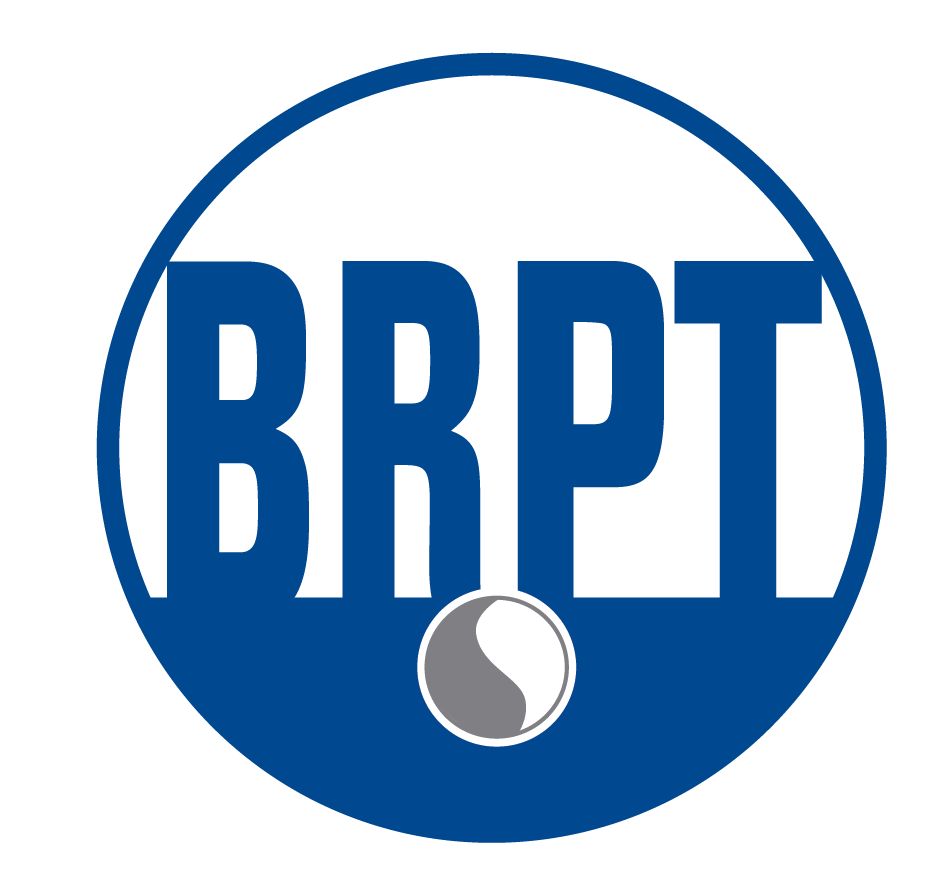STAR Program

Overview
The BRPT has been a long-time proponent of formal education for sleep technologists. However, the majority of technologists entering the field still do so through on-the-job training and self-study education. Over the years the BRPT Education Advisory Committee has reviewed and approved alternative education programs for exam eligibility. In early 2012, in an effort to better recognize these education providers, the BRPT created the STAR (Sleep Technology Approved Resource) Program.
STAR designation is reserved for education programs that do not have CAAHEP or CoARC accreditation. Designation as a STAR provider is granted solely for the purpose of establishing candidate eligibility for the RPSGT, CPSGT & CCSH exams.
STAR programs are assigned a program provider number allowing the STAR provider to track student performance on BRPT exams. New or already developed programs interested in STAR designation will need to complete an application form and undergo program review prior to approval. A STAR application and a current list of STAR programs can be found below.
Please note: If you have, or plan to hold AASM-ASTEP accreditation for your program, you are not permitted to hold BRPT-STAR status simultaneously, thus you need not apply.
Criteria for Star-Designated Education Programs
STAR-designated education programs:
- Use program directors who hold the BRPT issued credential that the program covers, as well as instructors and course developers who are credentialed in sleep technology and/or sleep medicine, respiratory care, electroneurodiagnostics, or their specialty field.
- Do not hold/plan to hold AASM-ASTEP accreditation.
- Provide an examination at the completion of each topic or program to assess the student’s knowledge and understanding of the materials presented.
- Base content and information on current references and textbooks, and provide education and instructional methods in accordance with industry standards.
- Provide a certificate to document a student’s successful completion of each education module and/or the entire program.
STAR-designated programs fall into one or more of the following education categories:
- Self-Study. Programs consist of organized, self-paced, education tracts that are often computer-based.
- Focused. Programs include both self-study or expanded classroom education and at least 80 hours of lecture and on-site skills training.
- Focused 2. Programs include at least 80 hours of lecture and on-site skills training and MUST be paired with a Self-Study program to meet exam eligibility requirements. The Focused 2 program and the Self-Study program can be from the same STAR education provider or different STAR providers.
STAR-designated programs include the following topics:
- Polysomnograpic Instrumentation: Hardware and software instrumentation, such as A/D conversion, screen resolution, sampling rate, memory, filters, gain, sensitivity, polarity, equipment and computer interfaces; audio/video requirements.
- Sleep/Wake Physiology and Pathophysiology: Normal REM and NREM sleep; basic respiratory and cardiac physiology; effects of sleep disruption, sleep disorders, medications, and medical conditions; age specific variations and conditions.
- Sleep Disorders Classifications and Diagnostic Criteria: The International Classification of Sleep Disorders; Sleep Related Breathing Disorders; Parasomnias; Movement Disorders; Circadian Rhythm Disorders; Insomnia; Hypersomnia; Narcolepsy; Nocturnal Epilepsy.
- Polysomographic Procedures: PSG, MSLT, MWT, out of center sleep testing; actigraphy; recording protocols; pediatric parameters.
- Chart Review and Questionnaires: Medical and sleep history; procedure order; sleepiness scales, pre- and post-sleep questionnaires; anticipation of protocols, equipment and patient needs.
- Patient Interaction and Professionalism: Confidentiality; standards of conduct, age- and condition-specific considerations; communication; patient identification; patient assessment; patient follow up.
- Patient and Equipment Preparation: Patient orientation and education; room preparation; equipment, electrode and sensor selection; electrode and sensor application; montages; equipment calibration.
- Patient Monitoring: “Lights On” and “Lights Off”; documentation and observations; artifacts and troubleshooting; recognizing and responding to clinical events; waveform recognition; optimizing recording strategies and data acquisition.
- Patient Safety and Emergency Situations: Cleaning and disinfecting; recognizing and responding to patient and building emergencies; preventative maintenance; facility requirements; safe handling of sharp, contaminated, and hazardous materials.
- Therapeutic Interventions: Types of therapy: PAP, O2, oral appliance, position, surgery, NIV; masks and interfaces; leak, humidification, pressure release ventilation; titration protocols; compliance; risk factors.
- Scoring: AASM scoring manual: application of scoring rules for age, sleep stages, respiratory events, desaturations, arousals, movements, cardiac events; EEG variations and abnormalities.
- Data Analysis and Reporting: Technologist summary; graphic summary; calculations and measurements (e.g. RDI, AHI, ArI, PLMI, sleep onset, REM onset, sleep stage distribution); reporting parameters; physician notification and communication.
- Data Archiving and Storage: Devices; techniques; medical records requirements.
If you completed a STAR designated program within the last three years that has since been discontinued, please contact us.
Important Changes to STAR Programs Effective 2022 & 2023:
Effective January 2022:
In January 2022, the BRPT implemented a 5-year renewal process for all STAR-designated education programs.
Effective January 2023:
Effective January 2023, the BRPT will launch its new reporting system in which the BRPT will generate STAR program examination results statistics which will then be delivered to our STAR Program Directors. This data will be delivered annually and will not be generated at any other time during the year outside of the reporting period. To cover the administrative costs associated with processing these reports, all STAR programs are still required to pay the $200 annual STAR dues that were launched and enforced in early 2022.
Click Here for the RPSGT/CPSGT STAR Program Application!
Click Here for the CCSH STAR Program Application!
